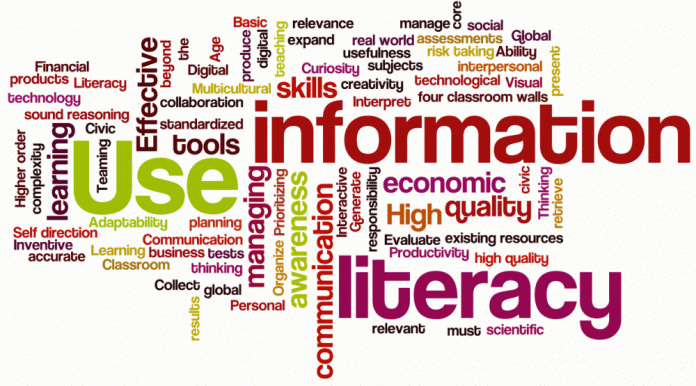There is a debate among science educators and educators in general, at the moment as to whether special skills are needed to survive and thrive in the 21st century. Some argue that the same skill set is required as before, others that a totally new skill set is needed in the Information Age. The more rational argue that it is a combination of the two that is needed but that the optimal balance between the two skill sets needs to be found.
Until about 1970 ‘hard skills’ were mainly required in the workplace, and these skills were very different depending on your career. Artisans, technicians and engineers required special technical skills, businessmen needed management skills, and so on.
Now, it is argued, everyone needs a suite of ‘soft skills’ in order to fulfill their potential and to compete successfully in the digital age. These soft skills include systems thinking, critical thinking, creative thinking, brainstorming, collaborating in partnerships, communicating (both verbally and non-verbally), being flexible, problem solving, social skills, virtual skills and collaborative leadership.
21st century workers also need to learn to view failure as an opportunity to learn and to understand that creativity and innovation are long-term, cyclical processes with small successes and frequent failures along the way.
Furthermore, they need to master multi-media and other technologies, learn how to judge their effectiveness as well as assess their impact, and become thoroughly versed in issues of internet privacy, security, piracy and ethics. They also need to learn how to assume shared responsibility for collaborative work while also valuing the work of others.
21st century workers also need to apply their knowledge, attitudes, behaviours and skills across disciplines and to work in a climate of ambiguity and dynamism, and rapidly changing priorities. Above all, they need to use their 21st century skills to understand and address global issues and to act responsibly with the interests of the larger community in mind.
While many of these individual ‘soft skills’ were important before, it is the combination of them that is creating a totally new kind of worker in the 21st century.
The biggest change is probably that specialization is now old fashioned whereas a more ‘ecological’ approach that takes a broad, interdisciplinary view of problems and solutions is the ‘in thing’.
Science centres, like the Bahrain Science Centre, can play a vitally important role in instilling a new 21st century work ethic in the minds of young people. Their fun, informal platforms are ideal for promoting creativity, collaboration and a more holistic way of doing things.
Furthermore, the new communication architecture that the internet and digital technology have created has provided the ideal tool for us all to be better connected and better informed than ever before. The opportunities are endless if we maximize our 21st century skills.
Professor Mike Bruton
MTE Studios Director,
Bahrain Science Centre.

